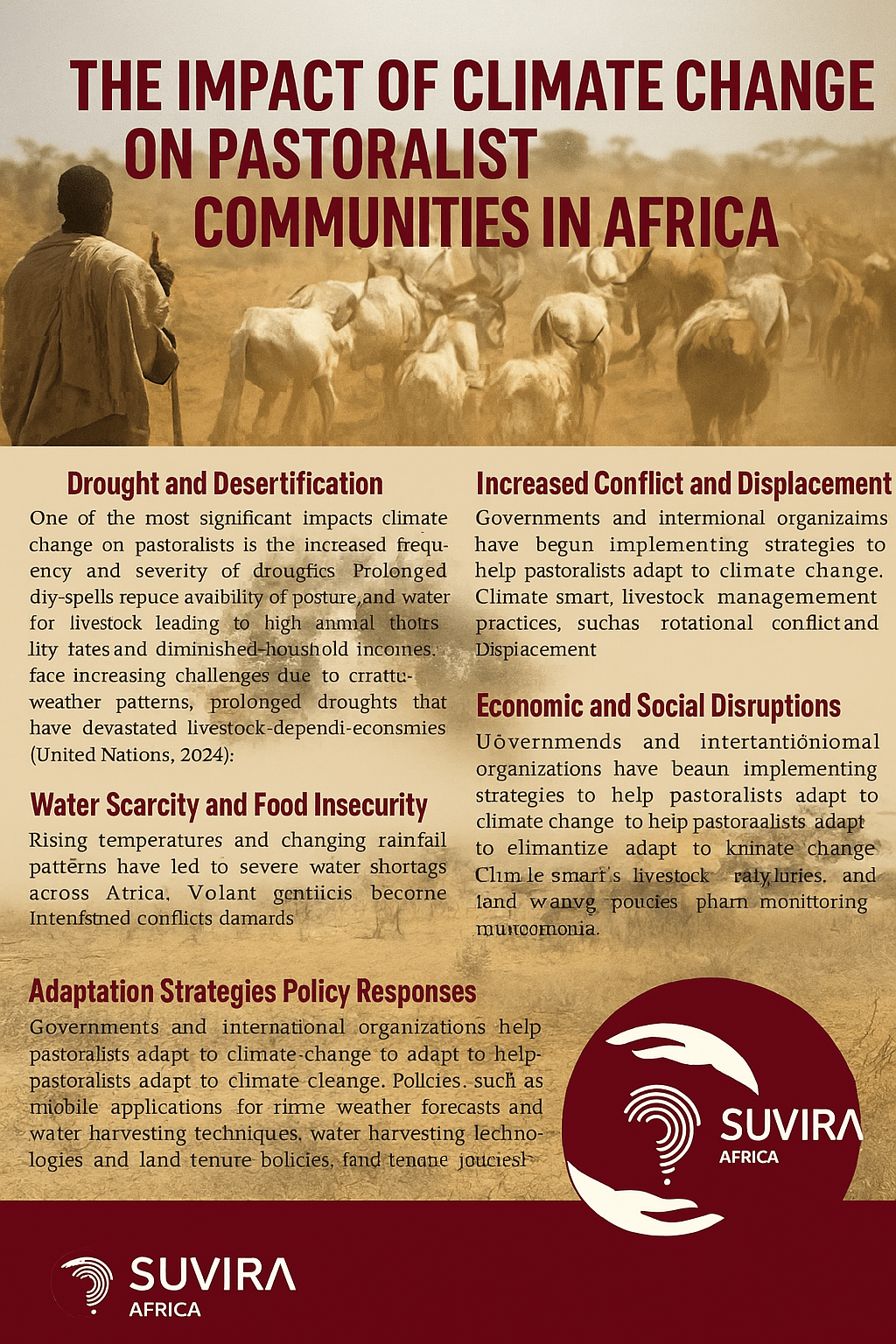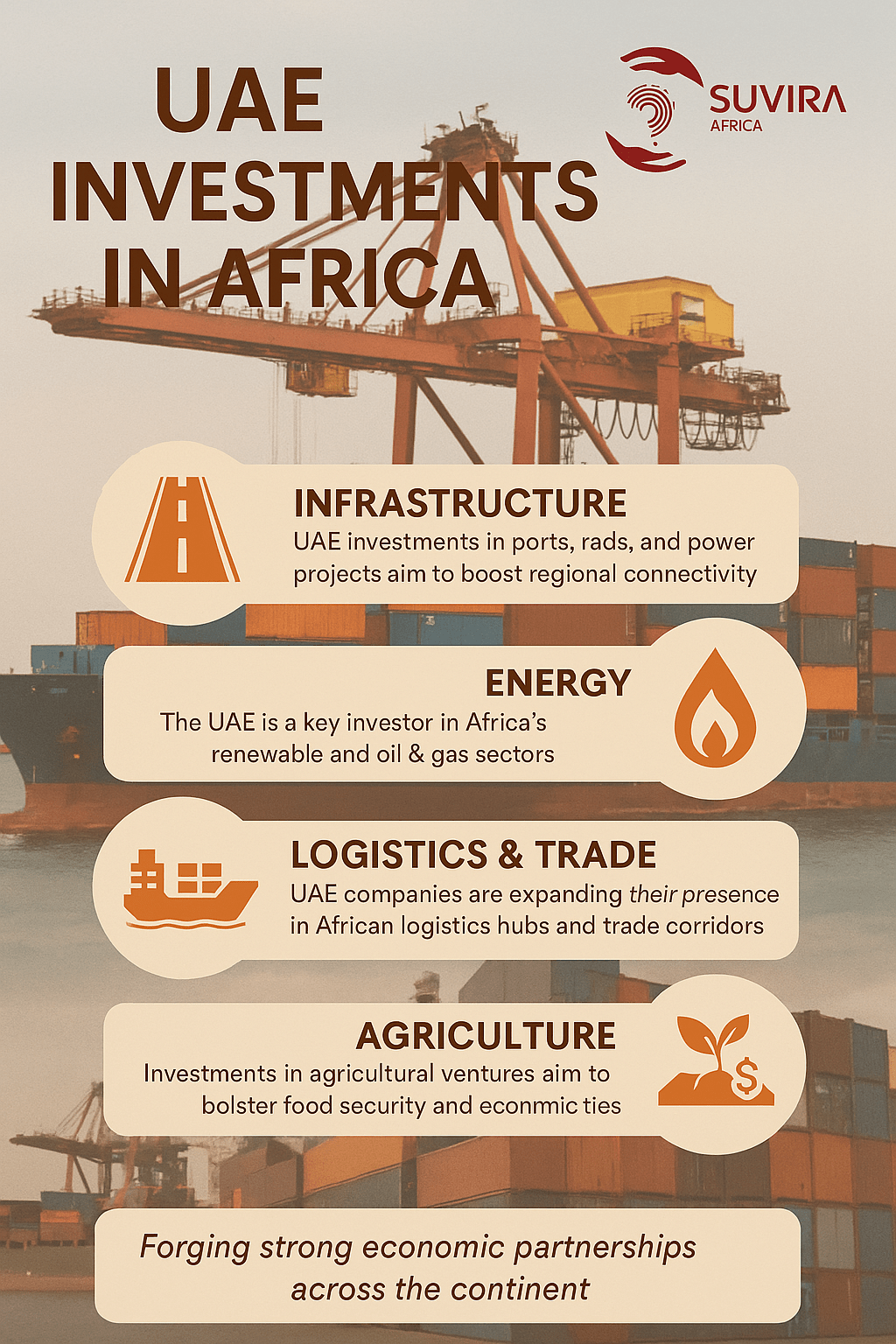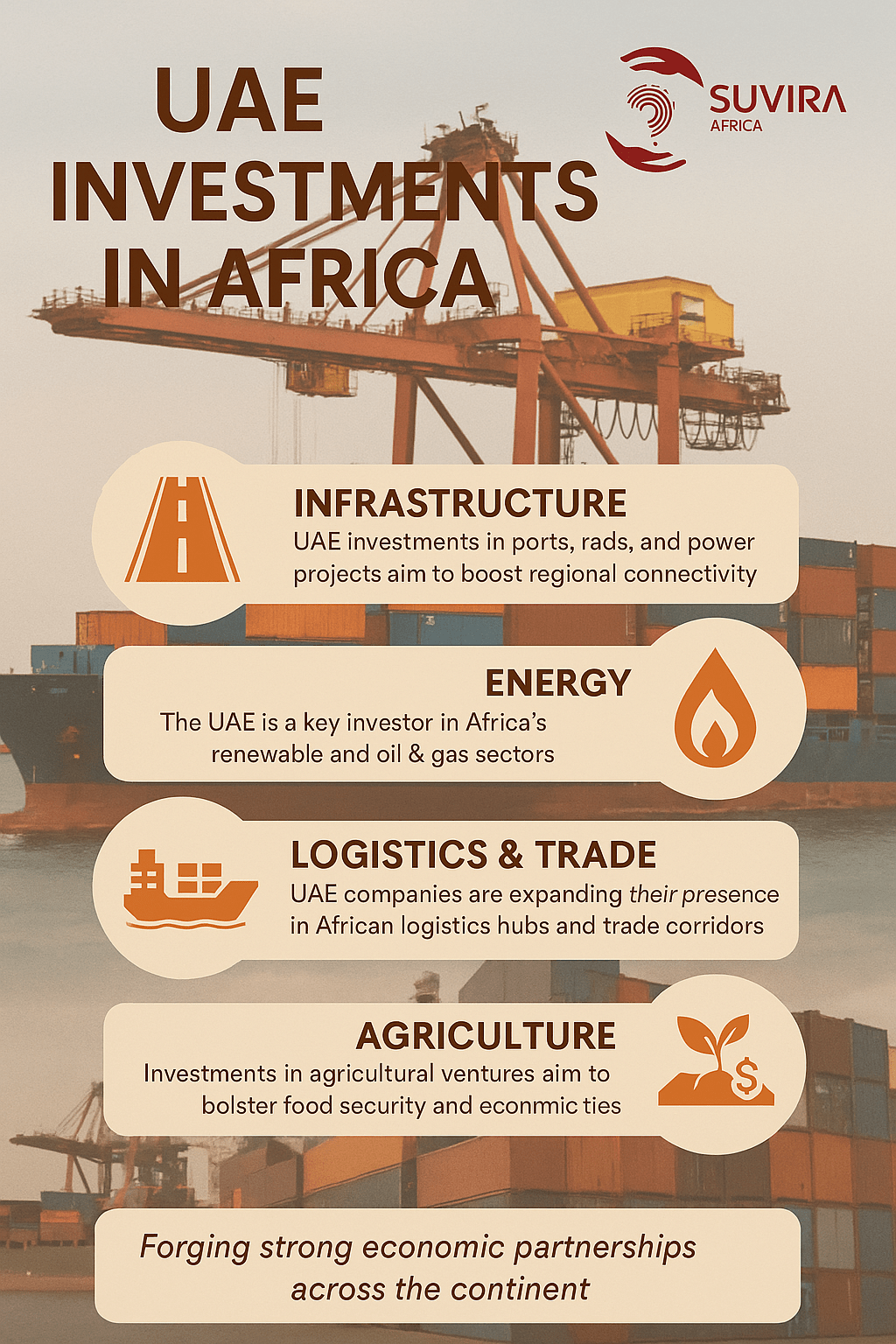The African Union’s Role in Trade and Stability Across Africa
October 09, 2025 7 mins to read
by Leon Lidigu
The African Union (AU) plays a critical role in promoting economic integration and political stability across Africa. Established in 2001, the AU's primary goals have been fostering growth, improving cooperation, and ensuring peace and security throughout the continent. Through initiatives such as the African Continental Free Trade Area (AfCFTA), the AU continues to reshape Africa's trade landscape while addressing socio-political challenges.
Driving Trade and Economic Integration
A central pillar of the AU's economic strategy is the African Continental Free Trade Area (AfCFTA), launched in 2018. This ambitious initiative aims to establish the world's largest free trade area, connecting 54 countries and over 1.3 billion people.
By eliminating tariffs on 90% of goods, the AfCFTA is set to boost intra-African trade by more than 50%, offering substantial growth prospects. It also aims to promote diversification in key sectors like agriculture, manufacturing, and technology, thereby reducing Africa's reliance on raw material exports.
The AfCFTA is poised to accelerate economic transformation by creating new opportunities for businesses across the continent. It is expected to enhance competitiveness and innovation, enabling African industries to scale up and engage more effectively in global trade.
Empowering Small and Medium Enterprises (SMEs)
Small and Medium Enterprises (SMEs) are vital to Africa's economic growth, driving job creation and innovation. The AU recognizes this and has partnered with organizations such as the African Development Bank (AfDB) to bolster SME development. These partnerships provide critical support, particularly for women- and youth-led businesses, offering access to finance, training, and regional markets.
Additionally, programs focused on financial literacy and digital skills are helping create a more inclusive and competitive business environment. Such efforts help SMEs thrive in an increasingly interconnected and digital world.
Promoting Peace and Security
Sustainable economic growth is closely intertwined with political stability. Through its Peace and Security Council (PSC), the AU actively engages in conflict prevention, peacebuilding, and resolution. The AU has intervened in crisis-prone countries such as South Sudan and the Central African Republic, deploying peacekeepers and facilitating peace negotiations.
These interventions have been essential in creating conditions conducive to economic activity, investment, and trade. Political stability builds investor confidence, allowing businesses to flourish and fostering long-term growth.
Addressing Challenges and Shaping the Future
Despite its achievements, the AU faces significant challenges. Bureaucratic delays, inconsistent policy enforcement, and regional conflicts remain obstacles to the realization of its full potential. However, the AU is addressing these issues with strategic measures aimed at strengthening its initiatives and increasing efficiency.
Key focus areas for the AU include:
- Harmonizing Trade Policies: Aligning national regulations to reduce barriers that hinder cross-border trade.
- Enhancing Security Cooperation: Expanding peacekeeping operations and conflict prevention strategies to create secure business environments.
- Advancing Digital Transformation: Leveraging technology to streamline trade processes, enhance e-commerce, and integrate African businesses into the global economy.
By strengthening trade integration and ensuring regional peace, the AU is laying the groundwork for a more connected, stable, and prosperous Africa. Its commitment to both economic cooperation and conflict resolution underscores the importance of unity in driving sustainable development across the continent.
References: African Development Bank (2022), African Union (2023), AU Peace and Security Council (2023), Institute for Security Studies (2022), UNCTAD (2021), World Bank (2020)
Stay informed about African development and economic trends. Join our community to access exclusive analysis and insights on continental affairs.
Access More InsightsThis article is intended for informational use only and should not be taken as medical advice, diagnosis, or treatment. It is advisable to seek the guidance of your physician or a certified healthcare expert if you have any inquiries regarding a medical issue. Do not ignore or delay seeking professional advice because of information found in this article.



